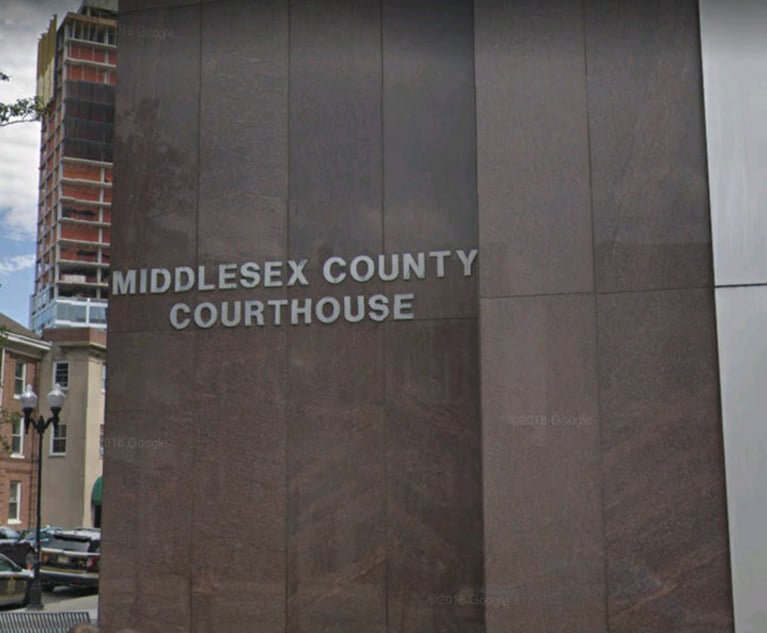Estate planners are often frustrated when clients defer estate planning despite potentially adverse financial consequences for their family members. The reluctance to confront one’s own mortality and the deferral of timely and appropriate action can lead to unnecessary tax problems and other unintended consequences.
This is particularly true with regard to the one asset (other than a principal residence) that most middle- to upper-income taxpayers possess: tax-deferred retirement accounts such as traditional IRAs, 401(k)s and 403(b)s. With the exception of Roth IRAs, where income tax has already been paid, all other tax-qualified accounts have complicated distribution rules and potentially significant income tax issues that must be fully considered in any estate tax plan.


 Credit: designer491/Shutterstock.com
Credit: designer491/Shutterstock.com




